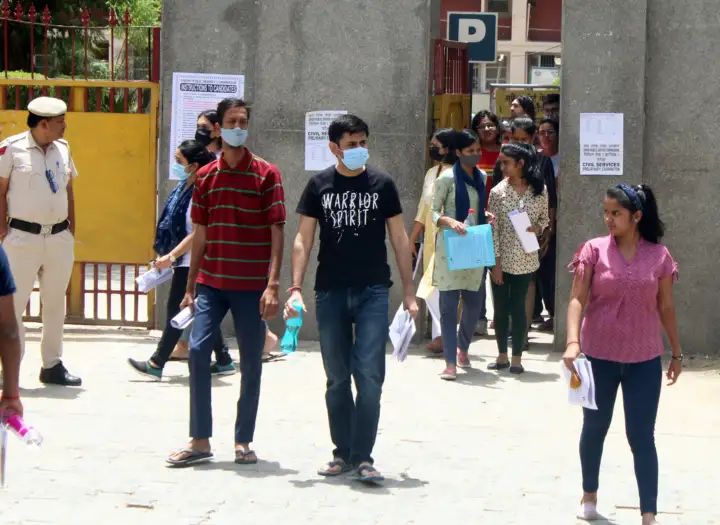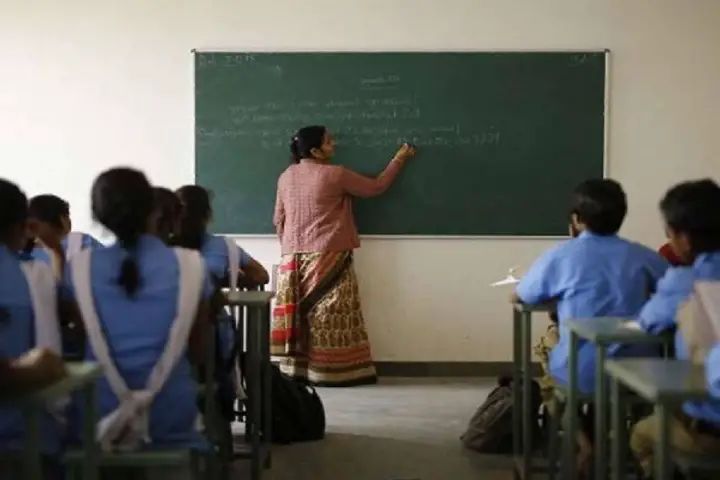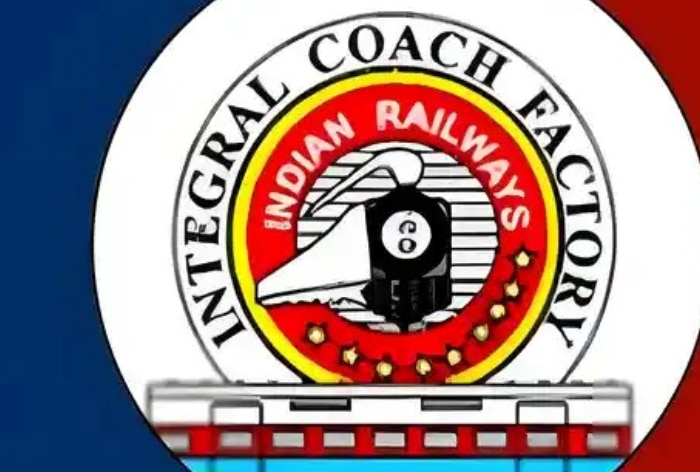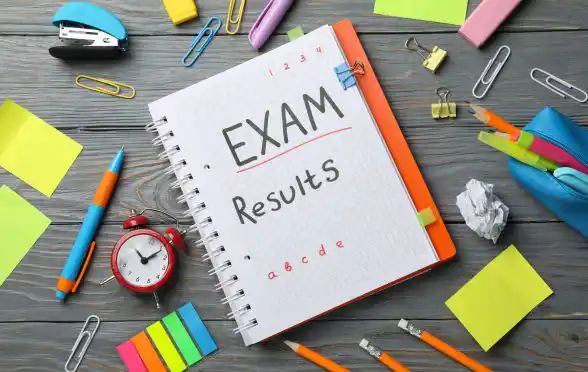Explained: UPSC Civil Services Reservation Criteria Amid IAS Probationer Puja Khedkar Controversy
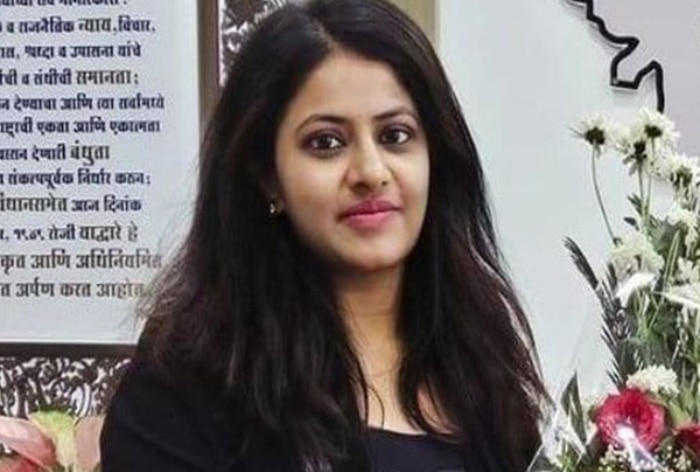
New Delhi: Puja Khedkar, a probationary IAS officer who secured an All India rank of 821 in the Union Public Service Commission (UPSC) exams, has been at the centre of controversy. She has been facing multiple allegations against her including her purported demands for a separate cabin and staff during her posting in Pune, her abrupt transfer to Washim district, and her private Audi car with a red-blue beacon light and VIP number plate. Morevoer, she allegedly occupied the ante-chamber of Additional Collector Ajay More without permission, removed office furniture without consent, and requested unauthorised facilities.
Earlier on Thursday, the central government constituted a single-member committee to verify the candidature claims and other details of Khedkar following a controversy over her alleged misuse of power as a civil servant. As per a PTI report, the father of IAS officer Puja Khedkar, accused of using fake disability and OBC certificates to clear the civil services exam, defended her on Sunday, stressing that she hadn’t done anything illegal. She then faced more allegations of securing a position in the IAS by taking the civil services exam under the Other Backward Class (OBC) – with less than Rs 8 lakh annual income – and visually impaired categories and submitting a mental illness certificate.
Her father and former Maharashtra government employee Dilip Khedkar, who contested the Lok Sabha elections and had declared property worth Rs 40 crore in his poll affidavit, told a Marathi news channel on Sunday that she indeed belongs to the non-creamy layer, PTI reported. But what is the non-creamy layer and what does the Union Public Service Commission say about it in its Civil Services Prelims Notification? Read here.
The Union Public Service Commission conducts Civil Services Examinations( Preliminary, Main, and Interview/Personality Test) for recruitment to the Services and Posts such as Indian Administrative Service, Indian Foreign Service, Indian Police Service, Indian Audit and Accounts Service, Group ‘A’, Indian Civil Accounts Service, Group ‘A’, Indian Corporate Law Service, Group ‘A’, Indian Defence Accounts Service, Group ‘A’, Indian Defence Estates Service, Group ‘A’, Indian Information Service, Group ‘A’, Indian Postal Service, Group ‘A’, Indian P&T Accounts and Finance Service, Group ‘A’ and others.
The number of vacancies to be filled through the examination includes vacancies reserved for Persons with Benchmark Disability Category, i.e. Vacancies for candidates of (a) blindness and low vision; Vacancies for (b) deaf and hard of hearing; Vacancies for (c) locomotor disability including cerebral palsy, leprosy cured, dwarfism, acid attack victims and muscular dystrophy; and Vacancies for (e) multiple disabilities from amongst persons under clauses (a) to (c) including deaf-blindness.
Reservations are also made for candidates belonging to Scheduled Castes. Scheduled Tribes, Other Backward Classes, the Economically Weaker Sections, and Persons with Benchmark Disability in respect of vacancies as may be fixed by the Government.
How UPSC Gives Relaxation to a Scheduled Caste or a Scheduled Tribe
The upper age-limit prescribed above will be relaxable:
up to a maximum of five years if a candidate belongs to a Scheduled Caste or a Scheduled Tribe;
up to a maximum of three years in the case of candidates belonging to Other Backward Classes who are eligible to avail of reservation applicable to such candidates;
up to a maximum of 10 years in the case of candidates belonging to Persons with Benchmark Disabilities (PwBD) categories viz. (i) blindness and low vision; (ii) deaf and hard of hearing; (iii) locomotor disability including cerebral palsy, leprosy cured, dwarfism, acid attack victims and muscular dystrophy; (iv) autism, intellectual disability, specific learning disability and mental illness; (v) multiple disabilities from amongst person under clauses (i) to (iv) including deaf-blindness.
UPSC Civil Services: Number of attempts
Every candidate appearing at the examination, who is otherwise eligible, shall be permitted six (6) attempts at the CSE. However, relaxation in the number of attempts will be available to the SC/ST/OBC and PwBD category candidates who are otherwise eligible.
A SC/ST candidate can appear for unlimited attempts.
Every candidate belonging to the OBC category, appearing at the examination, who is otherwise eligible, shall be permitted nine(9) attempts at the CSE.
Reservation against vacancies for Persons with Benchmark Disability:
The eligibility for availing reservation against the vacancies reserved for the Persons with Benchmark
Disabilities shall be the same as prescribed in “The Rights of Persons with Disabilities Act, 2016 (RPwD Act,
2016)”. The candidates of Multiple Disabilities will be eligible for reservation under category (e)-Multiple
Disabilities only of Section 34(1) of RPwD Act, 2016 and shall not be eligible for reservation under any other
categories of disabilities i.e. (a) to (d) of Section 34(1) of RPwD Act, 2016 on account of having 40% and
above in any of these sub-categories of PwBD.
Provided further that the candidates from Persons with Benchmark Disability category shall also
be required to meet special eligibility criteria in terms of ‘Suitable Category of Benchmark Disabilities’ and
‘Functional Requirements’ [erstwhile Functional Classification and Physical Requirements
(abilities/disabilities) (FC&PR)] consistent with requirements of the identified Service/post as may be prescribed by the Government.
Note-I : The details of ‘Suitable Category of Benchmark Disabilities’ and ‘Functional Requirements’ of Services participating in CSE-2024 are indicated in Appendix-IV of the Rules which are identified and prescribed by the Government as per the provisions of Section 33 and 34 of the Rights of Persons with Disabilities Act, 2016.
Note-II : Persons with Benchmark Disability with only those category(ies) of disability(ies) mentioned in Para-1 of this Examination Notice shall be eligible to apply for the Examination under PwBD category. Therefore, candidates concerned are advised to read it carefully before applying appropriately for admission to the Examination.
Note-III : Candidates belonging to Persons with Benchmark Disability category are likely to have been previously tested and in possession of related medical certificates even before applying for admission to the Examination. However, it is to be noted clearly that the prescribed Medical Examination as per these Rules, also including that for benchmark disability category(ies), shall be mandatory and only the results of the prescribed Medical Examination shall be deemed valid for assessing whether a PwBD category candidate meets the requirements to be appointed.
Khedkar allegedly submitted fake disability and Other Backward Class (OBC) certificates to clear the civil services exam. Reports claimed that she had also submitted a mental illness certificate. However, in April 2022, she was asked to report at the All India Institute of Medical Sciences (AIIMS), Delhi, for verification of her disability certificate, but she did not do so, citing the COVID infection.
Eligibility for Availing Reservation:
(1) A candidate will be eligible to get the benefit of community reservation only in case the particular
caste to which the candidate belongs is included in the list of reserved communities issued by the
Central Government.
(2) The OBC candidates applying for CSE-2024 must produce OBC (Non-Creamy Layer) certificate
based on the income for the Financial Year (FY) 2020-2021, 2021-2022 and 2022-2023 and issued
on/after 01.04.2023 (after the completion of FY 2022-23) but not later than the closing date of the
application for Civil Services (Preliminary) Examination-2024 i.e. 5th March, 2024.
As per ANI report, Pune RTI activist Vijay Kumbhar also raised questions about Khedkar’s appointment alleging that she did not fall under the OBC non-creamy layer as her father had assets worth Rs 40 crore. “As per the rules, only those come under the OBC non-creme layer category whose parents are under 8 lac per annum of income, but their income shows that it is 40 crore. Her parents contested the recent Lok Sabha polls and all the property details are there in the affidavit,” he added. “Her father, Dilip Khedkar, in his Lok Sabha polls affidavit, showed a conservative estimated wealth of Rs 40 crore and an annual income of Rs 49 lakh. The information is in the public domain. Based on the election affidavit filed by her father in the recently concluded Lok Sabha elections, the total assets of Khedkar’s father amount to Rs 40 crore,” Kumbhar claimed.
(3) A candidate will be eligible to get the benefit of the Economically Weaker Section reservation only in case the candidate meets the criteria issued by the Central Government and is in possession of requisite Income & Asset Certificate based on income for Financial Year (FY) 2022-2023 and issued on/after 01.04.2023 (after the completion of FY 2022-23 ) but not later than the closing date of the application for Civil Services (Preliminary) Examination-2024 i.e. 5th March, 2024.
Candidates seeking reservation/relaxation benefits available for SC/ST/OBC/EWS/PwBD/Exservicemen must ensure that they are entitled to such reservation/relaxation as per eligibility prescribed in the Rules/Notice. They should also be in possession of all the requisite certificates in the prescribed format in support of their claim as stipulated in the Rules/Notice for such benefits by the closing date of the application of Civil Services (Preliminary) Examination, 2024.
This year, the closing date fixed for the receipt of the application of Civil Services (Preliminary) Examination – 2024 will be treated as the date for determining the OBC status (including that of creamy layer) of the candidates.
